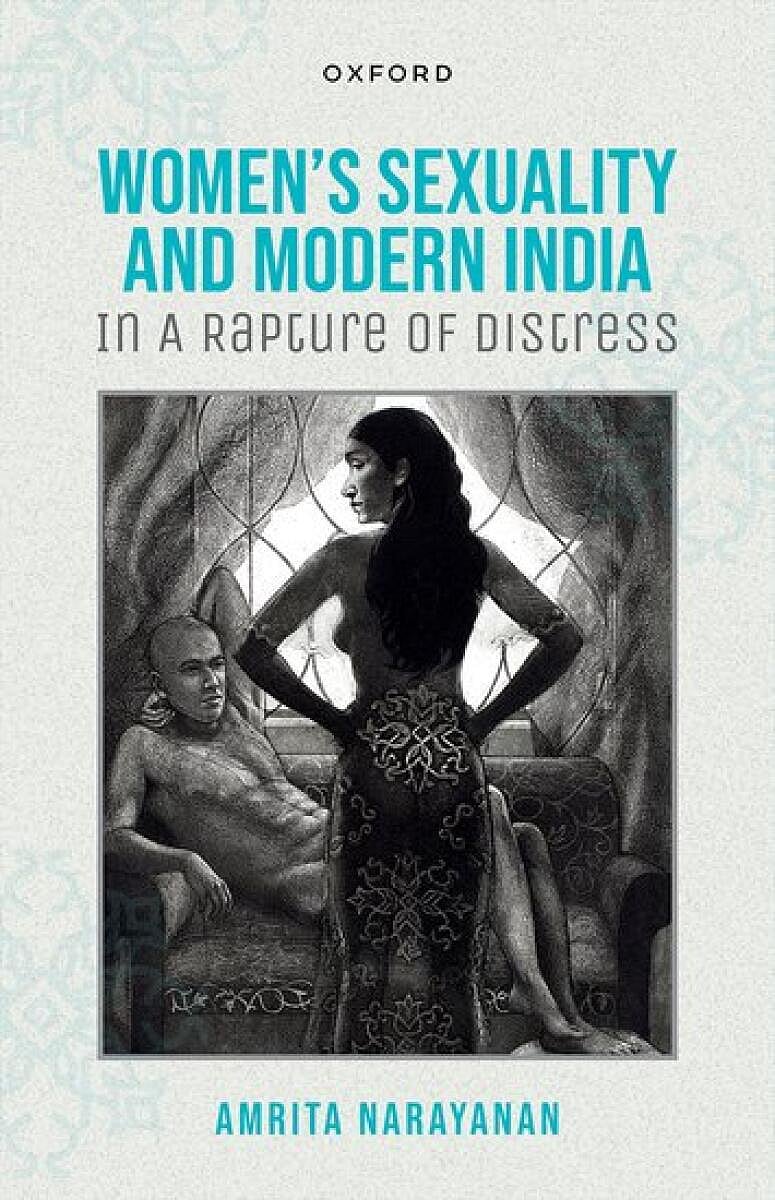

In the dystopian novel The Island of Lost Girls, Manjula Padmanabhan, tells of a country in which patriarchy has been eliminated but its after-effects persist via memory and the imagination. In this fictional country, which is not exactly India but not unlike it, male violence has been definitively halted. Yet women continually speak about the suffering they have endured from badly behaved males to relieve — and relive — their memories. To address this problem, the women leaders of this imaginary country suggest that women’s memories should be erased. Otherwise, the leaders predict, female suffering and male violence will carry an electric charge: ‘The most damaged girls would be disability queens. Misfortune would be their primary identity. They would become their injuries.’
In the reality of a post #Metoo India, it is worth thinking deeply about the effect that circulating too-familiar stories of male sexual entitlement has upon women’s sexual agency. The #Metoo movement has certainly been crucial for women to seek justice and to speak about how social and institutional frameworks have been contributing to male sexual entitlement. The outrage it created was necessary as a building block for a climate of accountability for misconduct. It was also crucial psychologically: uncorking a long-held rage about male sexual entitlement has been unifying and cathartic for women.
The gender gap in sexual agency
But almost six years after #Metoo began, it’s worth considering, whether an incessant outrage about male sexual entitlement creates a comfort zone, a familiar theatre, that screens well-known images of sexually entitled males, and sexually victimised females. This gendered casting drowns out questions that are both more interesting and more taboo: if men have an excess of sexual entitlement don’t women have a lack of it? What would close the gender gap in sexual agency? What kind of men do women with sexual agency enjoy having sex with?
Cultural forces suppress women’s sexuality: this is an empirical fact, well-documented by the analysis of the psychologists Baumeister and Twenge. In 2002, when these researchers analysed cross-cultural studies, they found that the psychological phenomenon of women’s sexual suppression is produced by three factors internalised by women: imagined negative gossip, concerns about reputation, and memories of maternal socialisation — what and how girls learned about their sexuality from their mothers. The researchers also found these factors suppress women’s sexuality more actively in countries — like India — which have not had a public sexual revolution in which women feel authorised, to be sexual subjects.
Of liberation...
That women are restricted in their sexual agency and performances relative to their socio-economic male counterparts, may contribute to the mesmerising effect of men in power. Denied power in the external world combine with denied power in the sexual agency to fuel the likelihood that women seek their supplies of power via sex and love. Male sexual entitlement as a phenomenon may be perceived as ‘sexy’ to women who have been denied the possibility of powerful sexual performances themselves. If women could retrieve their power in their own sexuality this would deliver resistance to the sugar high of attention from entitled powerful men.
Yet, while as a collective, we are working hard to ferret out badly behaved men it is harder to apply ourselves towards talking about sexual freedom and power — beyond safety — for women. Women’s sexual freedom appears to us as a series of capitalist optics: what the English writer and psychoanalyst Jacqueline Rose calls the ‘Internet model of global feminism’, pictured, in her words, as ‘a liberated Western woman in her pumps and smart skirt, toting a laptop en route to the airport’. Likewise, our vocabulary — words like sexual suppression, sexual liberation and sexual revolution suggest — I think inaccurately — that sexual freedom will feel overwhelmingly pleasurable and celebratory.
What complicates the celebration of sexual freedom, is that under conditions of rigid sexual suppression women have to adapt to their sexual fetters, and many have adapted so well that to claim freedom would be to undo themselves. Undoing — not all women want it — is part of the experience of sexual freedom, and therefore pleasure and victory may be mixed with anxiety and grief.
What would it be like to incorporate the element of undoing into our conversations about women’s power? At a New Delhi conference on Gender and Censorship in 2002, poet Rukmini Baya Nair quipped: “Men thump their chests, women beat their breasts”.
Women’s victory dances, Baya Nair seems to be suggesting, might also look like performances of grief and suffering.
Reclaiming a lost
sexual entitlement
For women to reclaim their lost sexual entitlement — and not everyone wants to — we, the collective, need to witness suffering more productively — with an interest in women’s agency rather than a lust for justice and punishment. Sexual freedom in a culture that has historically rewarded women’s sexual restriction is not free but expensive: women and their male or female partners have to bear terror, instability, and internal experiences of social unbelonging and ostracisation as part of their freedom. To collectively support women’s sexual agency, we — the witnesses — cannot foreclose upon the meaning of women’s suffering as we do when we are in justice mode. Tarrying with women’s suffering allows us to see suffering’s nuance — when the distress needs to be alleviated, when it has become identity and when it needs to be supported and hosted, the consequence of bearing the wobbly pleasures of freedom.
(Amrita Narayanan is a clinical psychologist & psychoanalyst. The arguments she makes in this article are further developed in her book, Women’s Sexuality and Modern India: In A Rapture of Distress published by OUP Oxford.)